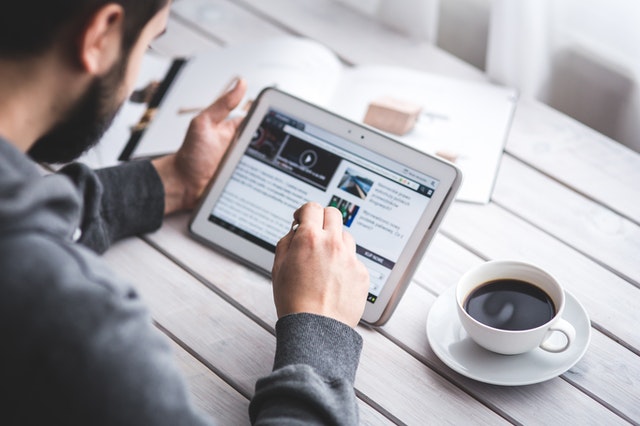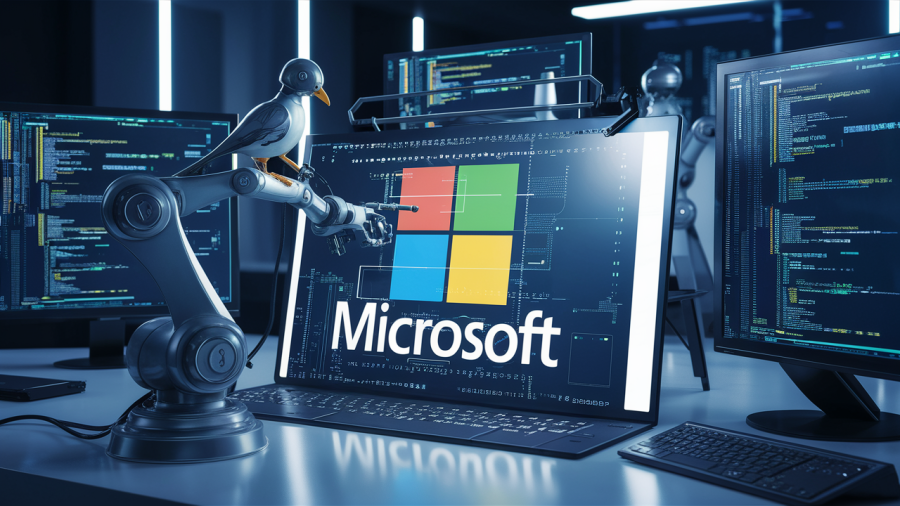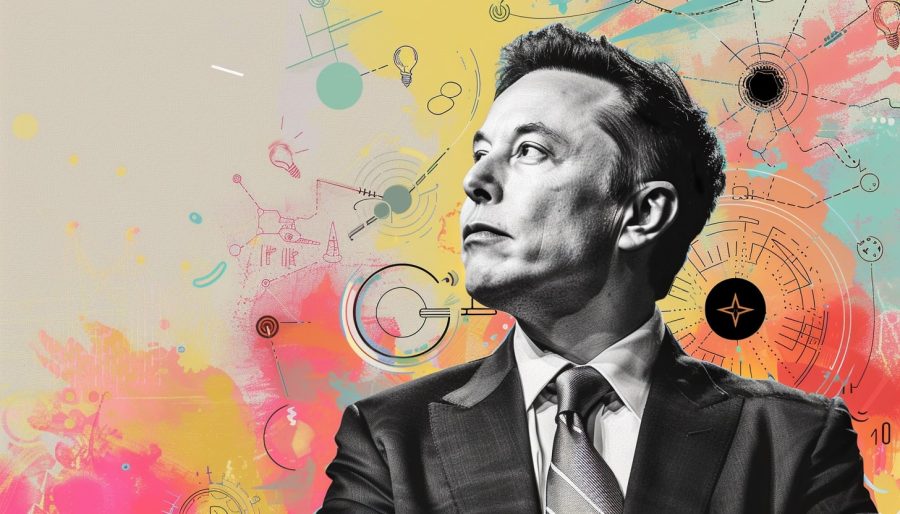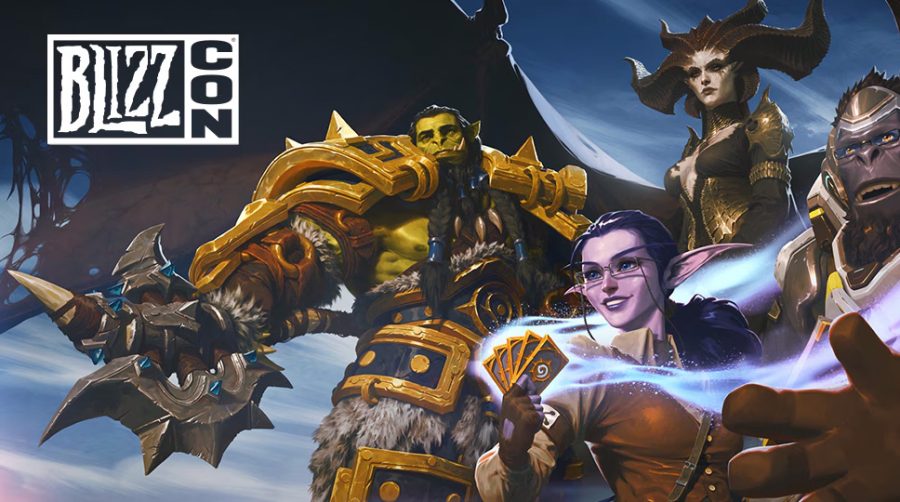The miracle of modern technology is that it provides us with all the information we ever wanted—and then some. In the span of a few seconds, you can easily learn facts about science, history, and other subjects. You can send a message to people all over the world. And you can gather the latest details on a developing news story.
All this information is seen as a universal positive, but there may be some negative consequences to the abundance of information. Author Clay Johnson wrote a book that focuses on this topic to a degree, The Information Diet: A Case for Conscious Consumption. Since then, the term “information diet” has grown in popularity, serving as a potential remedy to the negative consequences of too much information.
But what is an information diet, exactly, and can it truly help you be happier, healthier, and more productive in the modern world?
The Abundance of Information
Let’s start by addressing the true nature of the abundance of information. We all have access to dozens of internet-connected devices, all of which have the capacity to link us to many different types of information.
For example:
- Email. Most of us receive dozens, if not hundreds of emails every day. We get emails from coworkers, clients, friends, family, and of course, marketers interested in selling us new products.
- Project/task management platforms. Online management platforms have streamlined work for millions of people, but they also have the downside of overloading people with communications.
- Social media. Similarly, social media grants us the power to connect with an audience of billions (literally). We can choose to engage with groups and organizations that share our interests and views, or just connect with friends and family members. Either way, these feeds are typically presented to us in an infinite scrolling manner, making it all too easy to keep consuming more.
- Notifications. Email, management platforms, and social media platforms are all complicated by the universal presence of notifications. Most modern apps are designed to give us alerts to grab our attention as often as possible, usually whenever some new information becomes available—such as a new message or a new post.
- Online content. Content marketing is one of the most popular and powerful online marketing strategies available, in part because of the demand for online content. People are eager to consume more articles, videos, and images on a daily basis, and there’s no shortage of people willing to create them. There are vast content networks in play, with millions of blogs and millions of distribution channels. It’s almost impossible to spend time online without running into them.
Our lives are saturated with these and other forms of content, bombarding us with a never-ending stream of information.
Three Problems With Information Overabundance
So what’s the big deal? More information has historically been a good thing, allowing people to become better educated and better informed on current events—not to mention, better entertained in their personal lives.
But there are three big problems with the information overabundance:
- Low quality information. First, the constant demand for content leads to an increase in the production and consumption of low-quality information. This effect is easiest to see in the context of journalism; news companies are motivated to produce new stories as quickly as possible and in high volume, leading to premature reporting and shoddy work. This is partially responsible for the fake news problem.
- False conclusions. Even if the information being presented to you is true, the constant bombardment of information can make you draw false conclusions. For example, let’s say you see 3 new stories each day about people who were killed in shark attacks, over the course of a week. In reality, there are (at most, considering potential overlap) 21 shark attacks out of literally billions of people swimming in ocean waters. But to you, it seems like shark attacks are happening constantly—and to everyone who goes in the water. This is also a problem with echo chambers, leading people to believe that the majority of the population agrees with whatever view they happen to hold.
- Fatigue. Perhaps most importantly, too much information leaves us with fatigue. Reading too many news stories can leave us feeling helpless, tired, and depressed. Too many notifications can exhaust our attention and render us apathetic and anxious. Too much time scrolling on social media can make us feel empty at the end of a long day.
How an Information Diet Can Help
An information diet works much like a food diet. With a food diet, the problem to be solved is similar; you’re eating too much food and/or food that’s too low-quality. The solution is threefold:
- Awareness. First, you need to be aware of what you’re consuming. In a food diet, the goal is to recognize your biggest indulgences, and the foods that are responsible for your overeating. In an information diet, the idea is to recognize your biggest distractors and sources of low-quality content.
- Curation. Second, you need to prioritize high-quality sources over low-quality sources. In a food diet, that means prioritizing things like fruits and vegetables over fast food and sugary desserts. In an information diet, that means getting your information from reputable publishers, rather than echo chambers and reactionary outlets.
- Limitation. Third, you need to limit your intake. In a food diet, that means restricting your caloric intake. In an information diet, that means reducing the number of platforms you use (and the number of notifications you receive).
Key Tips for Success
If you want to be successful with an information diet, these are some of your best tips for success:
- Turn off notifications. Notifications have been a problem for a long time. They distract us from our responsibilities, demand our attention, and leave us feeling fatigued. If possible, it’s best to eliminate them altogether. You can check your email, social media accounts, and other platforms manually whenever you want to see if there’s something new available for you. This should reduce the amount of your attention that’s seized unnecessarily.
- Set time limits for content and social apps. Most modern devices have built-in functionality to control the amount of time you spend on apps (even if you have to enable child control settings). If there are specific apps that make you waste time (like social media apps), set a strict time limit to prevent yourself from overusing them.
- Reduce your number of apps. It might be better to reduce the number of apps you use overall. If you have half a dozen social media platforms to wade through, try narrowing that list down to one or two. Consider following only a handful of blogs and content creators, rather than a litany of them.
- Set proactive expectations with others. Some content you consume is comprised of messages from others, so set proactive expectations with them. Let them know you may not respond to messages right away, and you might be using social platforms less frequently.
- Review your sources. Think critically about the content sources providing content for your consumption. Are they a reputable source or simply the latest influencer whose incentive is only the next promotion? Are the creators doing a good job of providing all the relevant details? Are they fact-checking their work? Is this content making a positive impact on your life? Does it have any measurable value?
- Take inventory of your own emotions. Finally, take inventory of your own emotions. When you read a story, does it fill you with anger? When you get a notification, do you find yourself annoyed? Pay attention to the types of content that seem to have a negative impact on you and avoid those pieces of content however you can.
Is an information diet going to instantly relieve you of all the problems associated with modern technology? Certainly not. But there’s almost no disadvantage to practicing basic habits like reviewing sources of information and limiting the time you spend on information-dense apps—and the upside could be tremendous. Consider going on an information diet of your own design whether you’re interested in higher productivity, less fatigue, or just an overall better sense of wellbeing.
Try Out Productivity Tools We Are Using
Monday.com | Best Productivity and Management Tool | on Monday.com | |
Calendar.com | Best Calendar and Scheduling Tool | on Calendar.com | |
Later.com | Best Social Media Scheduling Tool | on Later.com | |
Todoist.com | Best Time Management Tool | on Todoist.com | |
Toggl.com | Best Value Tool | on Toggl.com | |
Trello.com | Best Overall Tool | on Trello.com |























